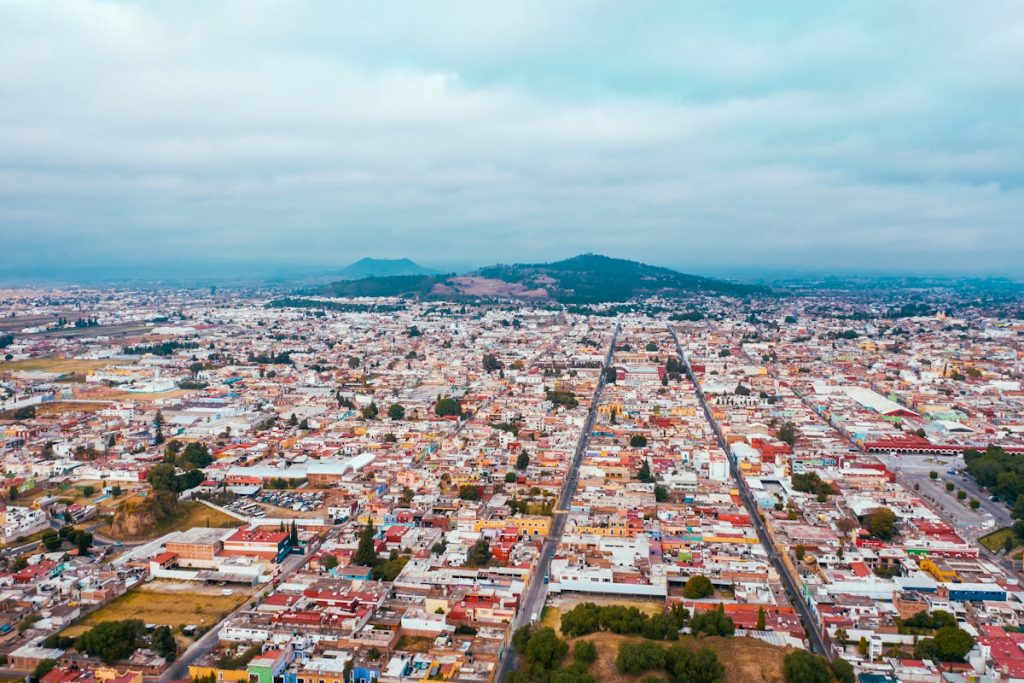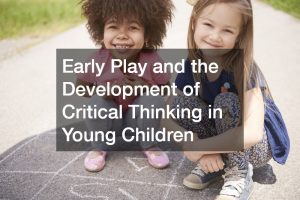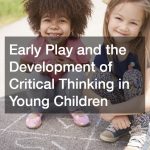- Formal education and continuous upskilling are fundamental for adapting to evolving industry and community needs.
- Volunteering and internships provide invaluable experience and networking opportunities within one’s field.
- Understanding diverse cultures and languages is crucial for effective community engagement and inclusive urban design.
- Prioritizing local businesses and sustainable practices contributes to urban areas’ economic and environmental health.
- Collective efforts towards sustainable development foster resilient, thriving communities, enhancing the quality of life for all residents.
Urbanization is a global shift in societal and economic structures. Cities symbolize human cooperation and innovation, yet they challenge maintaining economic opportunities. As urban areas rapidly expand, the demand for skills evolves. This post guides careers driving urban growth and the skills needed to navigate the sea of opportunities.
Skills Reshaping The Industry
Starting with the common areas that make up the roots of every urban development. Here are common fields to consider studying or investing in learning the basic concepts.
Construction and Engineering
The skyline showcases urban development, reflecting the skills of construction workers and engineers. It’s not just about height but also about sustainability. Professionals integrating renewable materials and energy-efficient designs are highly sought after.
Information Technology
The digital age has made its mark on urban development. Smart cities, which use data and technology to manage assets and resources efficiently, are the new frontier. IT professionals focus on different fields, such as cybersecurity and software development, and work to resolve city challenges with technological innovation.

Public Policy and Urban Planning
Developing cities that are both functional and pleasant to live in requires astute public policy and urban planning. This means professionals who can balance the needs of a growing population with the conservation of natural resources and preservation of cultural heritage. Those skilled in GIS mapping, environmental studies, and public administration are pivotal to crafting the cities of the future.
Skills Propelling the Future of Urban Development
As with the different areas above, learn these common proficiencies that can be incorporated into your skillset.
Data Literacy and Analysis
Data is the new gold; those who can mine, analyze, and apply it effectively will shape the future. In urban development, this means understanding complex data sets to improve transportation, create sustainable energy solutions, and engage citizens on a new level.
Social and Emotional Intelligence
The human touch will not be forgotten in a world of technology and big data. Emotional intelligence is a skill that will ensure that urban development is a deeply rooted endeavor addressing human needs.
Creativity and Innovation
Urban development challenges are not mathematically prescriptive; they require creative solutions. Those who can think outside the proverbial box, from architects to social entrepreneurs, will find fertile ground in the cityscapes of tomorrow.
Industrial Construction Would Be In Demand
As urban populations continue to rise, the demand for industrial construction becomes increasingly evident. Different manufacturing roles, such as the jobs at MidAmerica Industrial Park, create opportunities for architects, engineers, and planners to redefine how industrial zones integrate with the urban environment, enhancing aesthetics and efficiency.
Professionals with expertise in sustainable construction practices are especially valuable in this context. Their ability to innovate and implement eco-friendly building solutions can significantly reduce the environmental impact of industrial projects.
Furthermore, the revitalization of urban areas often includes the modernization of industrial spaces. This sector is crucial for developing the infrastructure to support city growth and functionality.
The Power of One
Taking the Reins
The grassroots level is where big developments often begin. Aim to contribute to organizing community events and contributing to sustainable practices.
Demonstrating Leadership
Leaders are everywhere in an urban environment, from block captains to entrepreneurs. Don’t wait for a title; take the lead where you see opportunities to improve your community and professional sphere.
Nurturing the Skills Employers Seek
Education and Upskilling
Formal education is a launching pad, but the learning doesn’t end there. Keep abreast of developments in your field through advanced degrees, certifications, or specialized training to continually enhance your skill set.
Volunteering and Internships
Nothing teaches like experience. Volunteer in community projects or pursue internships in innovative companies. Not only will you gain practical skills, but you’ll also network with professionals who can offer valuable insights and possibly future employment.

Cultural and Linguistic Competency
With urban growth comes a more diverse population. Those who understand different cultures and languages will be better equipped to engage with the varied communities that make up modern cities.
The interconnection between urban living, community engagement, and industrial growth presents a dynamic framework for sustainable development. Individuals can play a pivotal role in shaping their cities by prioritizing local businesses, leadership initiatives, and eco-friendly industrial construction. These efforts not only enhance the quality of life for residents but also ensure the economic and environmental viability of urban areas for future generations. Ultimately, the collective action towards sustainable urban development paves the way for a resilient and thriving community.
















